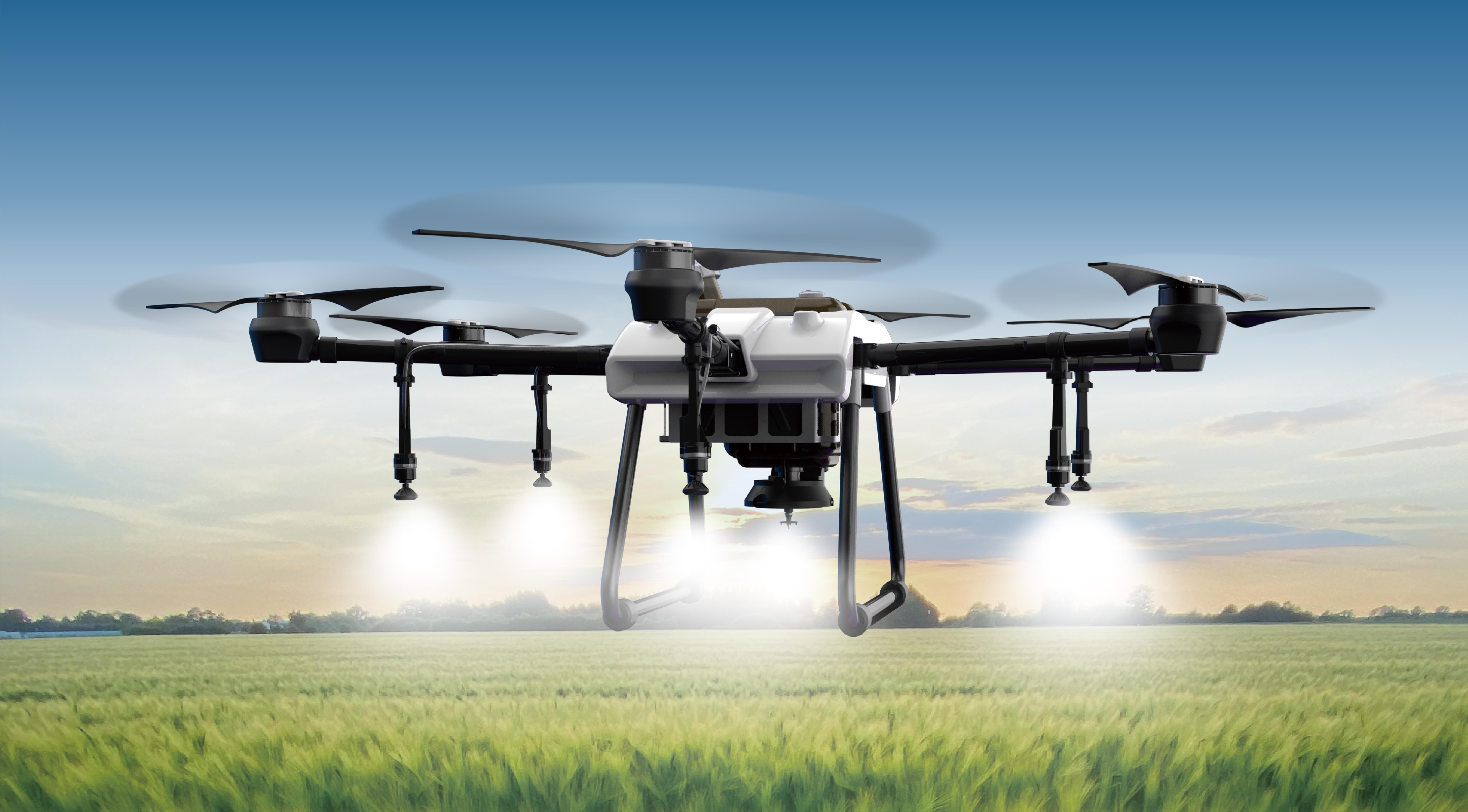Ever wondered what really sets a servo motor apart from a step motor? Think about it like this—imagine you're driving a car. Both vehicles get you from point A to B, but one gives you a smooth cruise, adjusts instantly to your commands, and feels more responsive. That’s kind of what a servo motor does compared to a step motor.

Let’s start with the basics. Step motors are like the reliable old friends in your toolkit. They turn in precise steps—like taking measured stairs. Each step is a fixed angle, so you always know how far they've turned. No surprises there. These motors are perfect when you need straightforward positioning or simple movements. They’re cost-effective, and their simplicity keeps things sturdy, but they might struggle with rapid changes or high torque at high speeds.
Now, servo motors? They’re the premium, do-it-all option. They include a built-in feedback system—like having a navigator constantly telling you the exact position. This feedback loop means they can correct errors instantly, making movements super accurate. Whether it’s a robot arm that’s lugging around delicate parts or a CNC machine carving complex shapes, servo motors keep everything precise and responsive.
One thing that makes servo motors feel more advanced is their ability to handle dynamic loads. If a step motor is like a train that runs at set schedules, servo motors are more like a sports car—quick acceleration, nimble turns, and adaptive performance. When you need quick responses or variable speeds, servo motors are ahead of the game. They also typically operate at higher speeds with more torque.
But here’s a real-world question that pops up a lot—"Which one is better for my project?" Well, it depends on what you’re after. If you want simple, reliable positioning without breaking the bank, a step motor can do the trick. It’s like settling for a straightforward ride. But if precision, speed, and adaptability are your priorities, then a servo motor is more like upgrading to a performance car.
Also, maintenance-wise, step motors are the low-maintenance heroes. They don’t need feedback systems, so fewer parts mean less that can go wrong. Servos, with their sensors and controllers, require a bit more attention but deliver the performance that justifies it.
And what about noise? Step motors tend to be a bit noisier, especially at lower speeds, chattering away like a busy street corner. Servos tend to be quieter and smoother, making them better suited for environments where silence and finesse matter.
Choosing between the two isn’t just about technical specs, though. It’s about matching the motor to your needs—speed, precision, budget, maintenance, environment. Feel like a quick, no-fuss setup? Step motor. Craving high performance with tight control? Servo is the way.
Customer satisfaction often hinges on understanding these differences. Companies aiming for top-notch automation or robotics should consider the project’s unique demands. When you get it right, the machine runs smoothly, efficiency skyrockets, and everyone’s happy.
The point isn’t just to pick a motor but to pick the right partner for your application. That’s where understanding the nuanced differences can save you a lot of headaches down the line. It’s about matching capabilities with requirements, balancing cost against performance, and ultimately, making a choice that aligns perfectly with your goals.
Established in 2005, Kpower has been dedicated to a professional compact motion unit manufacturer, headquartered in Dongguan, Guangdong Province, China. Leveraging innovations in modular drive technology, Kpower integrates high-performance motors, precision reducers, and multi-protocol control systems to provide efficient and customized smart drive system solutions. Kpower has delivered professional drive system solutions to over 500 enterprise clients globally with products covering various fields such as Smart Home Systems, Automatic Electronics, Robotics, Precision Agriculture, Drones, and Industrial Automation.




































